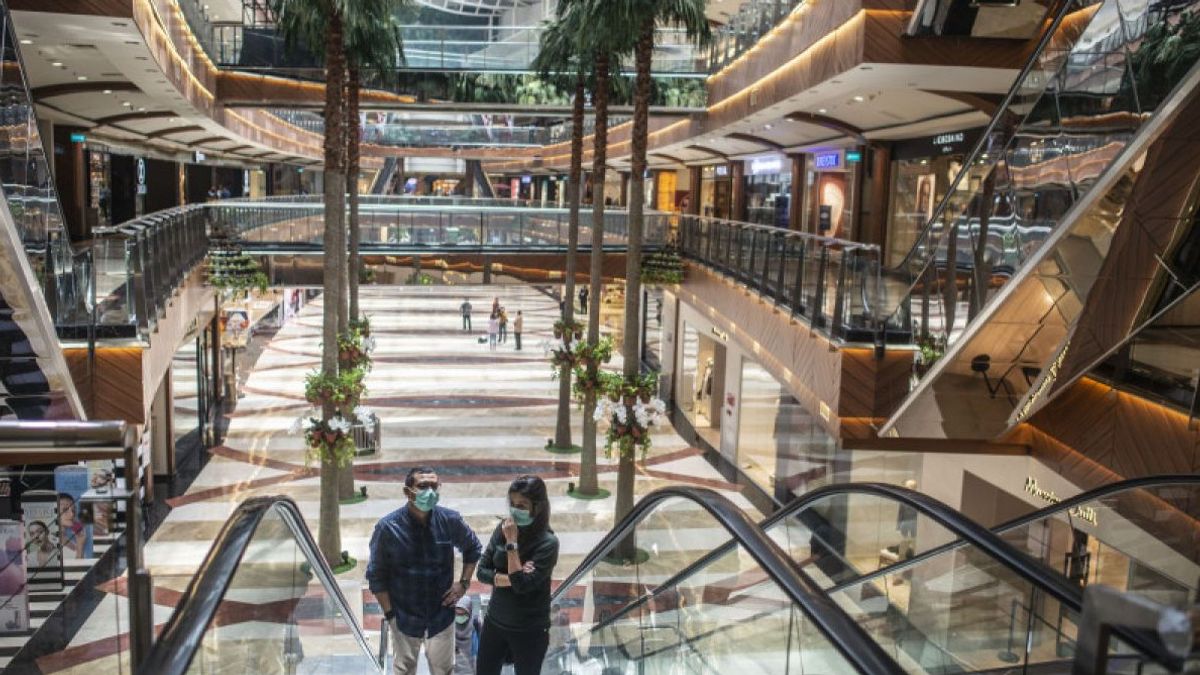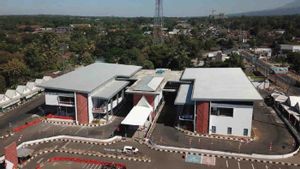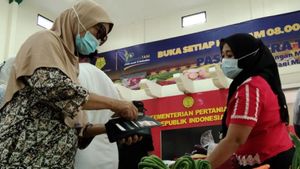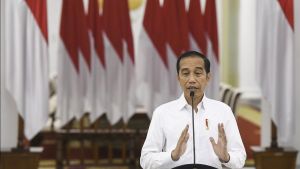JAKARTA - PT Bank Mandiri (Persero) Tbk (BMRI) revealed that based on Mandiri Lending Index (MSI) data, Indonesian public spending strengthened in the third quarter of 2024. This shopping pattern is relatively different from the patterns in the previous year where shopping tends to stagnate during this period.
Citing the MSI report, the shopping value index in September 2024 was 229.5 higher by 7.9 percent compared to the end of August 2024 worth 212.6.
In addition, in 2024, the downward trend in inflation will be responded to by increasing growth in spending volume, which in turn will encourage an increase in spending value.
This is different from the conditions in 2023, namely the rren inflation is slowing down, but the volume growth is relatively stagnant, having implications for relatively slowing the growth in spending value.
As for spatially, the level of spending has increased in all regions, especially Maluku & Papua and Kalimantan, while Balnusra is relatively stable.
Meanwhile, in general, the largest portion of public spending is still for daily needs of 24.2 percent. However, on the other hand, the proportion of leisures spending such as sports, hobby, entertainment in an increasing trend and is the highest currently reaching 6.4 percent.
Even so, the trend that needs to be considered is balancing daily needs and meeting lifestyles. In addition to shopping for daily necessities, lifestyle spending has continued to grow, especially since the fourth quarter of 2023.
As for the shopping group, the leisures and mobility groups have consistently strengthened since August 2024. Namely, the leisures group rose to 179.4 in September 2024. In this group, only sports shopping, hobby, entertainment is still increasing and experiencing acceleration at this time to 439.0.
Meanwhile, shopping groups DS and beauty care recorded a decline to 116.0, hotel spending dropped to 137.2, and jewelry spending fell to 102.0.
Meanwhile, spending on mobility groups increased to 279.6. Within this group, airline and gasoline spending increased since the school holiday ended, each to 300.2 and 410.1.
While others slowed down, such as automotive shopping to 130.6, and transportation to 267.9.
However, consumptive financing, both from banks and individual P2PL, has increased since the fourth quarter of 2023 with better loan quality.
Furthermore, the rate and growth of savings for the lower class improved since June 2024. This is somewhat different from the middle and upper class, which although relatively stable, the rate and growth of savings slowed down in September 2024.
SEE ALSO:
Meanwhile, the perception of middle and lower income-related groups is currently better than in 2023. However, compared to 2023, they tend to be more worried about the availability of employment.
Although the level of confidence related to employment availability has relatively recovered in all groups, future income expectations are the most worrying.
According to Bank Mandiri, there is a tendency to change the work status pattern of formal workers to informal post-pandemic workers. This issue needs to be considered, especially because the information is associated with lower income, limited skills development, and costs that arise due to limited social security and employment.
The English, Chinese, Japanese, Arabic, and French versions are automatically generated by the AI. So there may still be inaccuracies in translating, please always see Indonesian as our main language. (system supported by DigitalSiber.id)
















